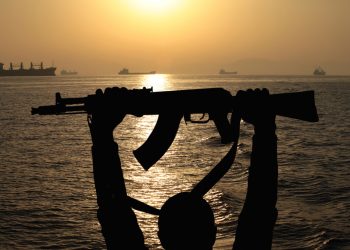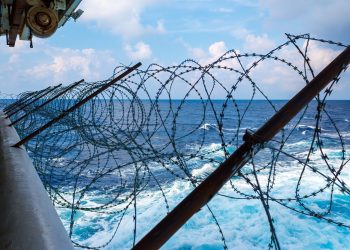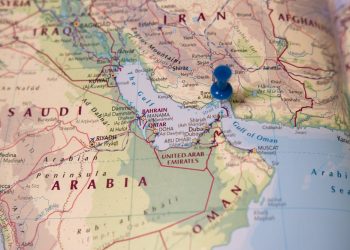The Standard Club reports that according to the amended Pooling Agreement of the International Group, P&I cover in respect of fines for smuggling and breach of customs regulations will no longer provided as of right, but only on a discretionary basis.
Accordingly, this change will take place from February 20, 2021.
Standard’s Divisional Claims Director, Revecca Vasiliou, before the new amendment, P&I cover was available as of right for fines in respect of ‘smuggling or breach of any customs or immigration law or regulation’.
However, fines falling within this category can be imposed in respect of relatively minor items such as small quantities of cigarettes or alcohol, or undeclared medical supplies. However, fines also arise out of the smuggling of narcotics for which the potential penalties can be extremely high. Following an amendment to the 2021 Pooling Agreement, P&I cover for all such fines is now discretionary.
[smlsubform prepend=”GET THE SAFETY4SEA IN YOUR INBOX!” showname=false emailtxt=”” emailholder=”Enter your email address” showsubmit=true submittxt=”Submit” jsthanks=false thankyou=”Thank you for subscribing to our mailing list”]
It is highlighted that vessels that are found to be involved in big smuggling activities are to be heavily fined.
In part, the fines are intended as a punishment, and, in part, are intended to have a corrective effect by incentivising shipowners and the industry as a whole to maximise efforts to increase security and prevent smuggling.
Mrs. Vasiliou notes that
It is rare for a shipowner and the crew to have knowledge or be involved in the smuggling activities, but the authorities or courts may conclude that shipowners are culpable in having failed to take adequate preventive measures. In some jurisdictions, anyone accused of drugs-related offences must remain in prison for the duration of the pre-trial and trial detention, even if ostensibly innocent.
Concerning the operational best practices, the Club recommends that some of the main loss prevention measures being:
- The ship should take into account the severity of the threat posed at the specific port. A comprehensive port update should be obtained from the local agent or correspondent prior to the ship’s arrival.
- In known drug smuggling areas, members should consider hiring additional security watchmen and arranging an underwater hull inspection before departure (some ports may enforce official drugs and underwater hull inspection before ship’s sailing).
- The master and the Ship Security Officer (SSO) should arrange crew training sessions regarding the International Ship and Port Facility Security (ISPS) Code, Ship’s Security Plan (SSP), security duties, port operations and overall general awareness to reduce the security threats.
- Awareness against the use and possession of drugs on board ships is necessary among crewmembers. Crew should be briefed in advance of a port call that any such co-operation with the drug traffickers/smugglers may not only violate company policy but also result in severe consequences by local authorities.
- Rudder trunk spaces, overboard openings, exposed thrusters/propeller regions are some of the accessible areas likely to be used by the drug traffickers for storing illegal substances. It is recommended to install physical barriers to prevent any unauthorised access in these spaces.
- Vigilance should be maintained while in port or at anchor, including enhanced security patrols on deck and continuous monitoring of all restricted areas (especially during hours of darkness or poor visibility). Additional lighting across all areas on exposed decks should be arranged to illuminate all possible shadow areas. Any suspicious activity observed close to the vessel (divers or small boats) should be immediately communicated to the master and, in turn, the master should report this situation to the local authorities.
- A thorough search of all compartments shall be carried out prior to the ship’s departure and again after disembarking the pilot (but before commencement of the sea passage). All events and searches shall be duly recorded in the ship’s logbook as well as in the security log by the SSO.


































































